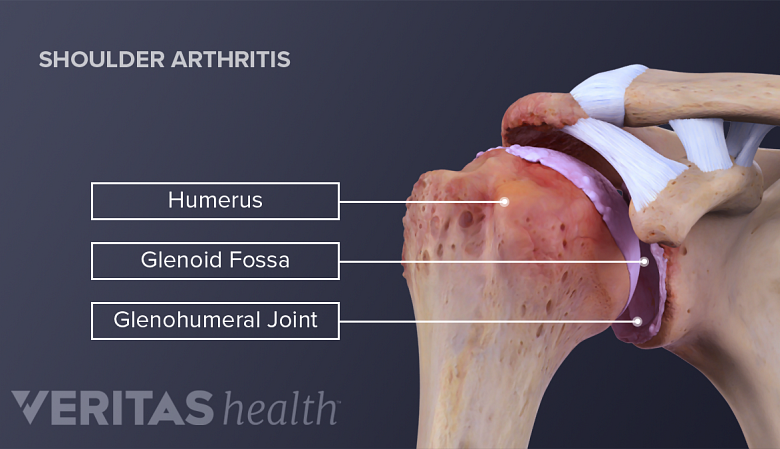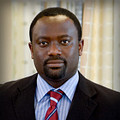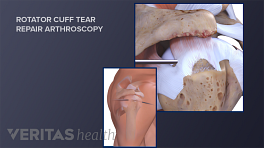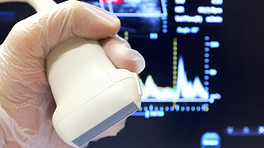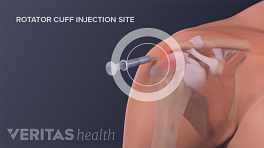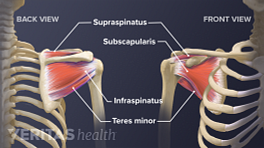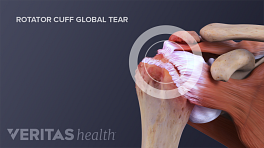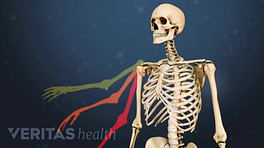Rotator cuff surgery is contraindicated in patients with a rotator cuff tear also experiencing stiffness due to adhesive capsulitis, 1 S. Terry Canale MD, James H. Beaty MD. Campbell's Operative Orthopaedics: Pt. XVI. Peripheral nerve injuries. Peripheral nerve injuries. Mosby; 2013. which is also known as frozen shoulder. Substantial stiffness needs rectified prior to surgery to prevent acute stiffness following the procedure. 1 S. Terry Canale MD, James H. Beaty MD. Campbell's Operative Orthopaedics: Pt. XVI. Peripheral nerve injuries. Peripheral nerve injuries. Mosby; 2013.
See Rotator Cuff Injuries: Symptoms
While not precluded from surgery, there are several patient types that may not be successful with rotator cuff surgery, including those with: 2 Matsen FA, Warme WJ. Rotator Cuff Tear: When to Repair and When to Smooth and Move the Shoulder. University of Washington Department of Orthopaedics and Sports Medicine. http://bit.ly/21WuFNw Accessed May 10, 2016.
- Arthritis
- Depression
- Diabetes
- Parkinson’s disease
- Obesity
- A history of shoulder surgeries
Rotator cuff surgery may not be successful for those with shoulder arthritis.
In This Article:
Because there are several factors that may impact an upcoming rotator cuff surgery and recovery from it, surgery candidates need to fully disclose medical and health-related information to the physician, including:
- Allergies or sensitivities to medication, latex, tape, or anesthetic.
- Medications, including prescribed and over-the counter drugs as well as herbal supplements that are currently being taken.
- History of bleeding problems.
- Current pregnancy or the possibility of pregnancy.
- Drinking habits; surgery may be affected if alcohol consumption exceeds more than a drink or two each day.
- Recent illnesses, including the flu, a cold or herpes.
- Smoking and other nicotine usage habits.
See Rotator Cuff Repair Surgery
Nicotine users can ask their physicians for help cutting back or quitting before surgery. Smoking can increase the risk of post-surgical infection and inhibit healing, particularly in muscle-centered surgeries such as rotator-cuff surgery. 3 Surgery and Smoking. American Academy of Orthopaedic Surgeons website. http://orthoinfo.aaos.org/topic.cfm?topic=A00262 Last reviewed December 2013. Accessed May 10, 2016.
Patients are encouraged to share lifestyle information with their surgeons and, if necessary, come up with a strategy for changing habits before or after surgery. These changes can lower the risk of surgical complications and increase the likelihood of a successful post-operative healing.
- 1 S. Terry Canale MD, James H. Beaty MD. Campbell's Operative Orthopaedics: Pt. XVI. Peripheral nerve injuries. Peripheral nerve injuries. Mosby; 2013.
- 2 Matsen FA, Warme WJ. Rotator Cuff Tear: When to Repair and When to Smooth and Move the Shoulder. University of Washington Department of Orthopaedics and Sports Medicine. http://bit.ly/21WuFNw Accessed May 10, 2016.
- 3 Surgery and Smoking. American Academy of Orthopaedic Surgeons website. http://orthoinfo.aaos.org/topic.cfm?topic=A00262 Last reviewed December 2013. Accessed May 10, 2016.
